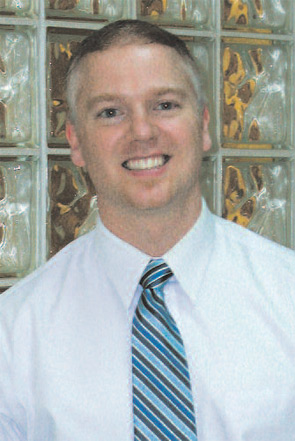
Do you know that old adage about the best-laid plans? If you ask Jon T. Giles, MD, about it, he’d agree that even the firmest plans change. “When I entered medical school at Vanderbilt University, I was convinced that I’d pursue subspecialty training in neurology,” recalls Dr. Giles. “My plan was to specialize in movement disorders.”
Though Dr. Giles held fast to that plan during his first three years at Vanderbilt, his fourth year held a few surprises. During that year, Dr. Giles elected to complete a rheumatology rotation. What he didn’t elect was the career-changing experience he would have. “The rheumatology rotation made sense for me because I was interested in movement disorders,” says Dr. Giles. “I knew that exposure to musculoskeletal disorders would provide an advantage to me as I went on to pursue neurology. What I didn’t know is how fascinating these musculoskeletal and rheumatic disorders actually were in themselves.”
His rheumatology rotation was such an interesting and enriching experience that Dr. Giles decided to switch gears and build his career around rheumatology. “Diagnosing and treating rheumatic disease involves creativity and finesse, and a future in rheumatology would present the kinds of exciting professional challenges I was seeking for my medical career,” comments Dr. Giles.
He completed his residency at the University of California, San Diego (UCSD). “It was during my residency that I really defined my career plan,” says Dr. Giles. “I had excellent interactions with the rheumatology faculty at UCSD, and decided to pursue fellowship training in rheumatology with a plan to focus on clinical research.” Though sad to leave Southern California, Dr. Giles decided to pursue his fellowship training at Johns Hopkins University in Baltimore, Md., where he found a research mentor in Joan Bathon, MD, professor of medicine and director of the Johns Hopkins Arthritis Center.
During his fellowship, Dr. Giles worked closely with Dr. Bathon on a study focused on subclinical cardiovascular disease in patients with rheumatoid arthritis. As he neared the end of his fellowship, knowing that he wanted to continue with clinical rheumatology research, Dr. Giles looked for research funding.
“Figuring out how I wanted my career in rheumatology research to progress—that was the easy part. Figuring out how to fund my career in rheumatology research was not nearly as easy,” shares Dr. Giles. “Research funding is hard to obtain, especially if you are a young investigator trying to get started. I wanted to stay on as faculty at Johns Hopkins and continue my research projects, but without adequate funding, I’d have to spend less time on research and more time in the clinic.”

